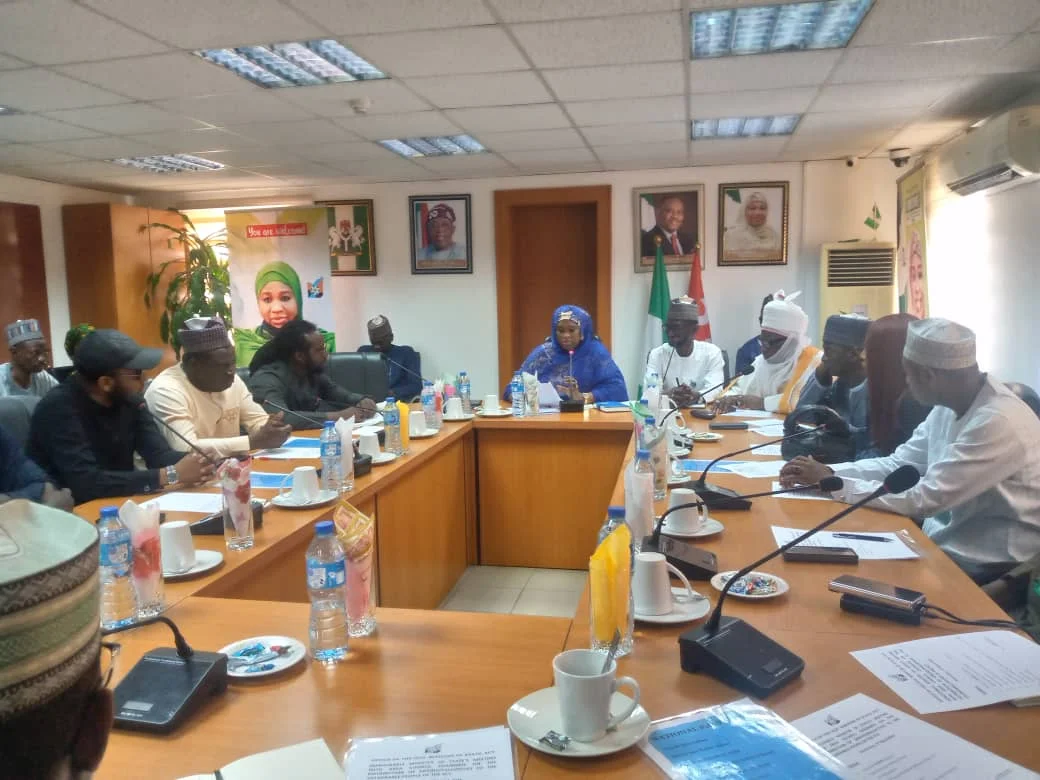Business
Wheat Production: CBN To Disburse N41bn To Farmers
In order to meet high demand for wheat, amidst poor production capacity, the Central Bank of Nigeria is to disburse N41 billion through Heritage Bank Plc to farmers across different states for the expansion of wheat production.
A statement from the Heritage Bank stated that the fund would consummate the expansion of Wheat Seed Multiplication Project, as part of the CBN’s Brown Revolution Initiative, which is an intervention programme to flag off and support the commencement of dry season wheat farming across the country.
The statement quoted the CBN Governor, Godwin Emefiele, as saying that the move was part of the apex bank’s intervention to address the challenges in wheat value chain, thereby increasing the domestic production of wheat and closing the wide supply gap inherited in Nigeria’s agricultural space.
He said following the successes in the Anchor Borrowers’ Programme, the apex bank decided to extend the gains recorded in rice and maize value chains to wheat production.
The statement explained that the programme would benefit over 150,000 farmers, and would be implemented in 15 states on about 180,000 hectares of land.
”Wheat is the third most widely consumed grain in Nigeria after maize and rice. It is estimated that the country only produces about one per cent (63,000 metric tons) of the 5-6 million metric tons of the commodity consumed annually in Nigeria.
“This enormous demand-supply gap is bridged with over $2bn spent annually on wheat importation. This has made wheat the second highest contributor to the country’s food import bill”, it stated.
The Managing Director/Chief Executive Officer of Heritage Bank, Ifie Sekibo, said the Brown Revolution Initiative would help reduce the nation’s food import bill by increasing wheat production.
According to him, it will create market linkages between smallholder farmers and anchors/processors, as well as create an ecosystem that drives value chain financing, improve access to credit by the smallholder farmers by developing credit history through the scheme.
Business
NCDMB Tasks Media Practitioners On Effective Reportage

Business
FCTA, Others Chart Path To Organic Agriculture Practices

The Federal Capital Territory Administration (FCTA) and other stakeholders have charted path to improved organic agriculture practices nationwide.
At a 2024 national organic and agroecology business summit held recently in Abuja, stakeholders took turn to speak on the additional areas of promoting the practices.
The Mandate Secretary, FCT Agriculture and Rural Development Secretariat (ARDS), Lawan Geidam, advocated for sustainable practice to develop resilient food systems that will benefit people.
The event, with the theme,”Towards Policies for Upscaling Organic Agroecological Businesses in Nigeria”, is aimed at fostering growth in the organic agriculture sector.
Geidam, who was represented by the Acting Director, Agric Services, in the Secretariat, Mr. Ofili Bennett, emphasised the success of organic and agroecological farming, reling on the active involvement of farmers, businesses and consumers.
He reassured attendees that the FCT Administration, led by the Minister, Nyesom Wike, and Minister of State, Dr. Mariya Mahmoud, remains dedicated to supporting initiatives that enhance the livelihood of residents.
Geidam described the partnership between the Secretariat and the organic and Agroecology initiative for a monthly exhibition and sale of organic products in the FCTA premises as a testament to this commitment.
“The ARDS remains committed to driving policies and initiatives that align with national goals and global standards”, Geidam said.
On her part, the Chairperson of Organic and Agroecology Initiative, Mrs. Janet Igho, urged residents to embrace healthy eating habits to sustain a good lifestyle. She stressed the importance of adopting organic practices, highlighting the benefits of going organic, growing organic and consuming organic products.
Igho expressed her optimism regarding the Agricultural Revival Programmes as articulated in President Bola Ahmed Tinubu’s “Renewed Hope Agenda”, which aims at fostering food and nutrition security.
She also extended her gratitude to ARDS for graciously allocating a space in the FCTA premises for the exhibition and sale of organic products, noting that the platform has been effectively used to advance the promotion of organic agriculture in FCT.
Igho outlined several benefits of organic agriculture which includes improved soil health, increased biodiversity, availability nutritious and healthy food and a reduced carbon footprint.
Stakeholders at the summit, underscored the critical need for enhanced private sector involvement and robust capacity building initiatives for farmers.
They highlighted the importance of implementing supportive policies to foster the growth of the organic agriculture sector.
In the light of the significant challenges facing Nigeria’s agricultural landscape, stakeholders decided that organic agricultural practices present sustainable solutions and a pathway for a more resilient and productive farming systems.
The three-day summit featured exhibitions showcasing organic foods, fruits, vegetables and fertilizers, providing an opportunity for residents to better appreciate the benefits of production and consumption of organic agricultural products.
Business
Dangote Refinery Exports PMS to Cameroon


